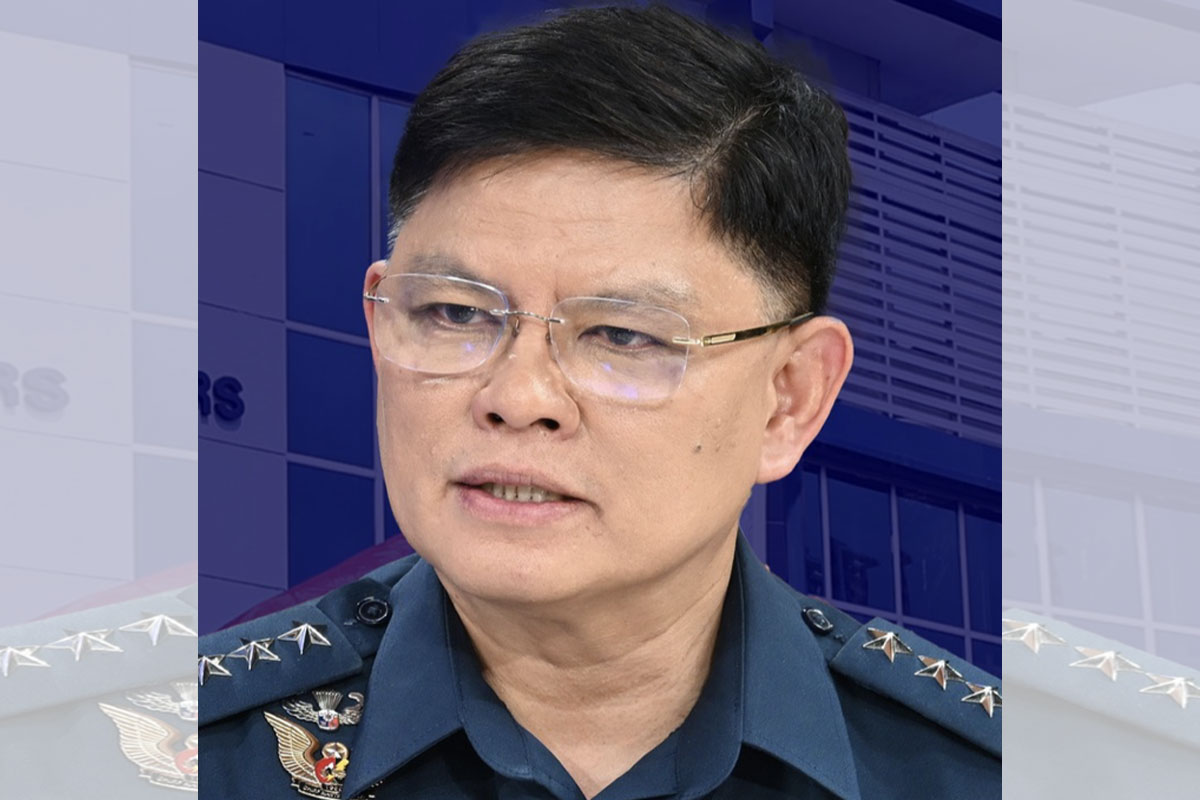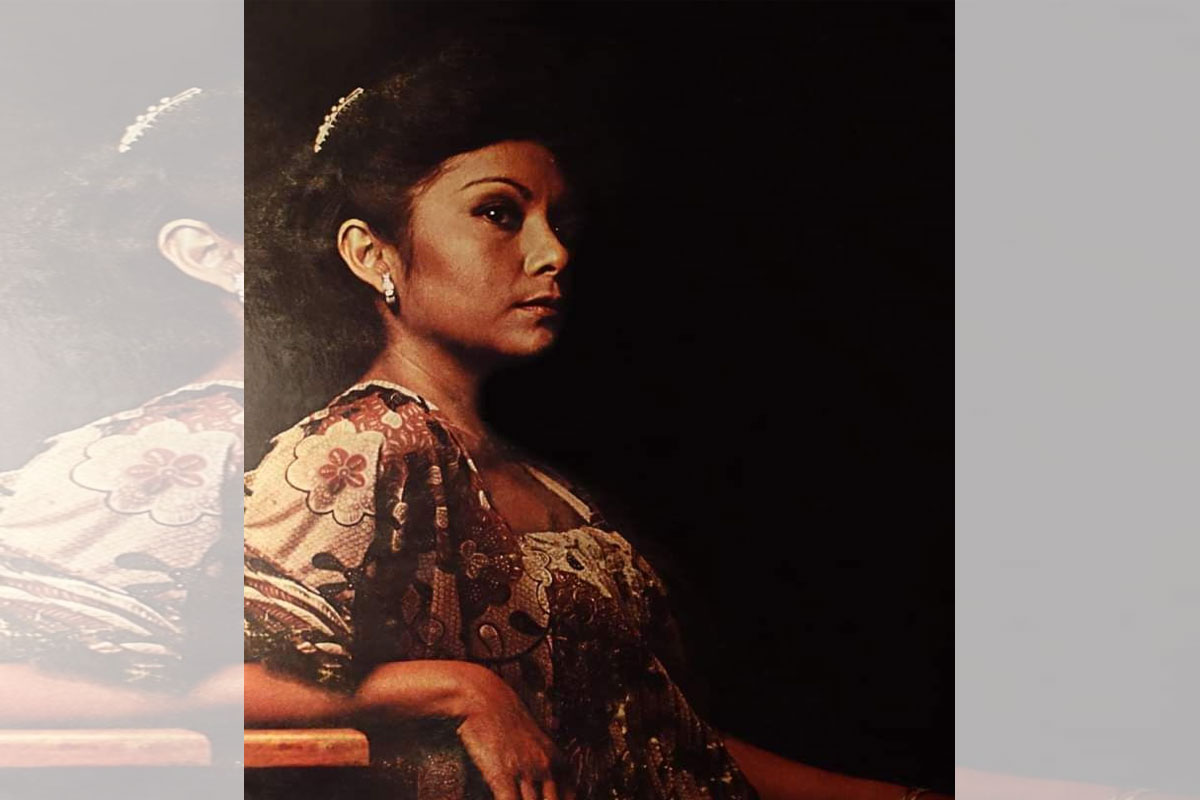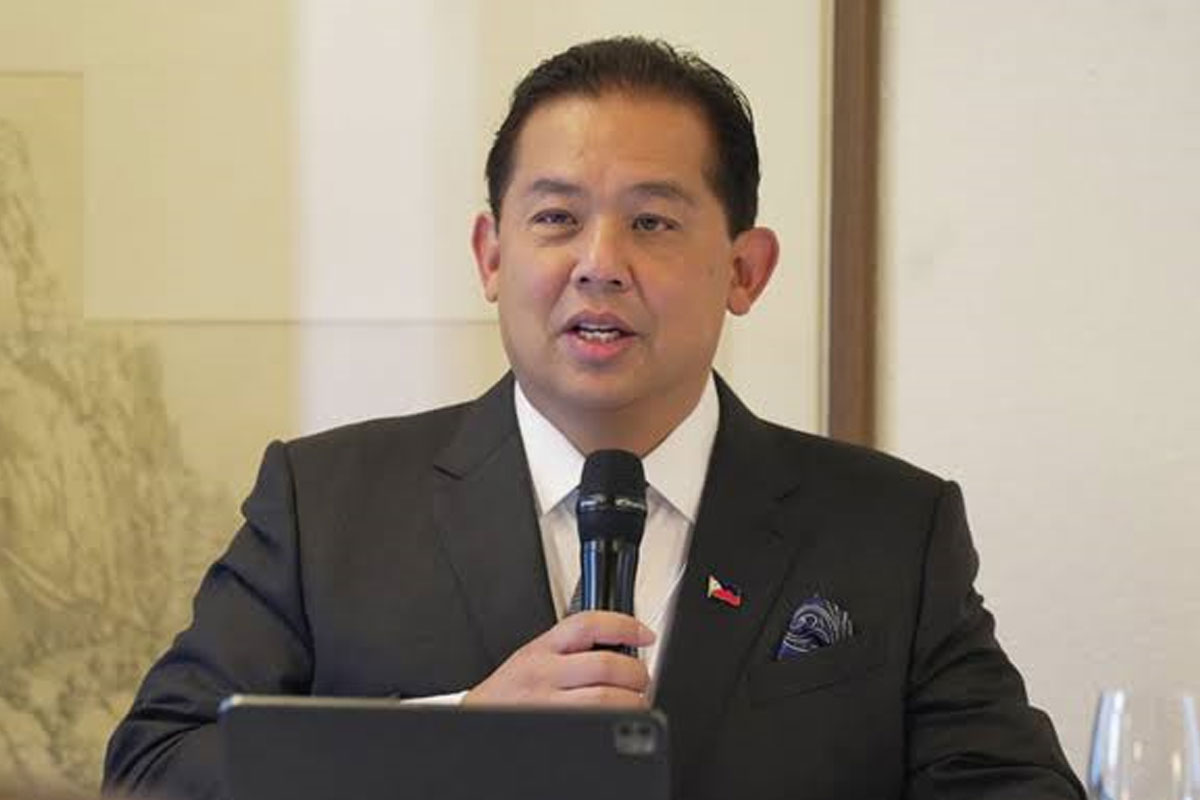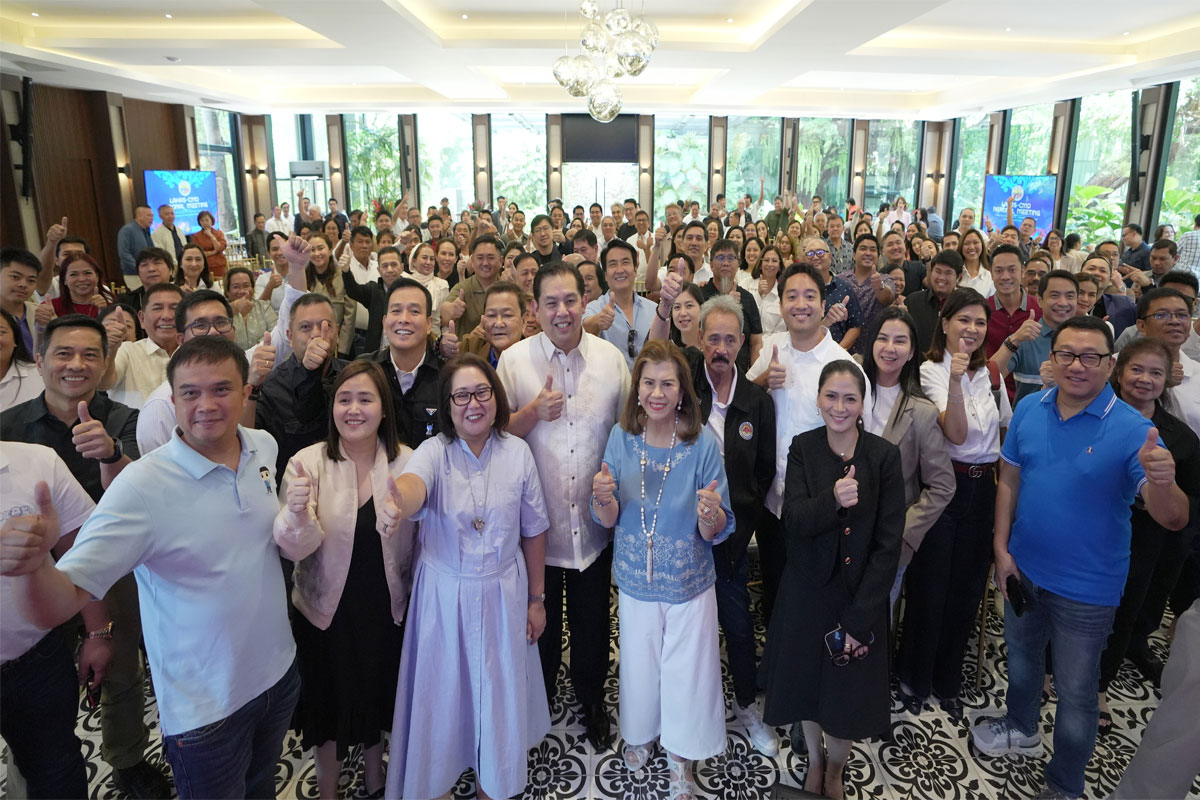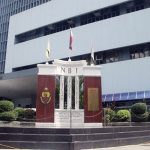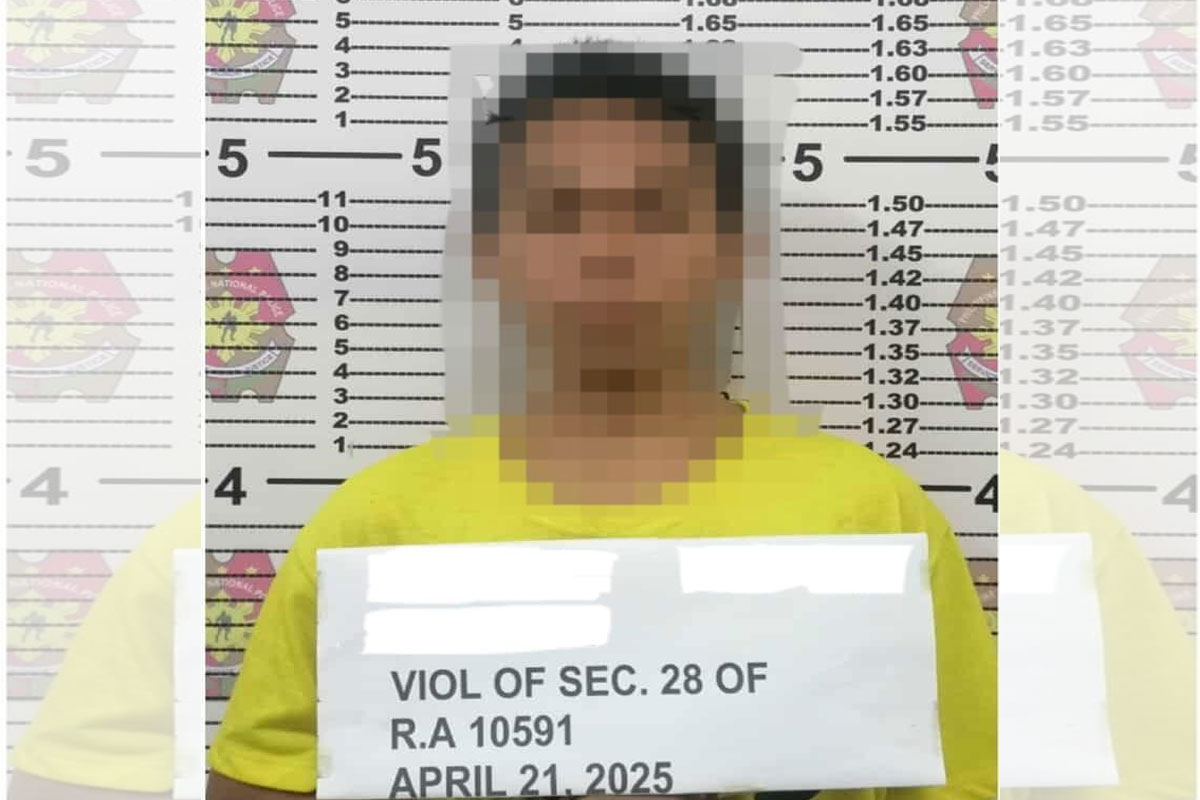
QC COVID-19 cases continue to decline
The coronavirus disease 2019 (COVID-19) cases in Quezon City continue to drop a month after the surge in April.
This is according to the report of the OCTA Research Group submitted to Mayor Joy Belmonte, citing that the average cases per day from June 8 to 14 is now 167, more than 1,000 cases lower compared to the peak of the surge during the week of March 30 to April 5.
The OCTA also reported that the city’s reproduction number, or the average number of secondary infections produced by a primary case of an infection is now at .96, lower than the target of 1.
The group further disclosed that the city’s Average Daily Attack Rate (ADAR), or the number of new cases in the city over a two-week period divided by its population, is now at 5.3 from a high of 37.58 in early April.
The Inter-Agency Task Force on Emerging Infectious Diseases use ADAR as one of the two indicators to determine the quarantine mode of a city or province. A high ADAR indicates a high risk of getting COVID-19 in the city. An ADAR of less than one means low risk, 1-7 is moderate and more than that is considered high.
Belmonte, meanwhile, attributed the improvement of COVID-19 cases in the city to the continuous testing and isolation of the city health department amid the rollout of the citywide vaccination program.
“While our vaccination program is in full swing, the City Health Department and the City Epidemiology and Disease Surveillance Unit are still focused on providing free swab testing to all who are experiencing COVID-19 symptoms, have close contact with positive patients, and others who are in lockdown areas. Likewise, the city continues to expand its isolation facilities by retrofitting existing buildings like our schools,” Belmonte said.
The city government recently opened additional three HOPE Community Caring Facilities and now has a total of 11 facilities.
As of June 17, 2021, CESU reported the number of active cases of 1,778 (1.8 percent), recoveries at 96,765 (97 percent) and deaths of 1,159 (1.2 percent), of the total cases of 99,702.
Meanwhile, the positivity rate is now at 7 percent, closer to the World Health Organization Standard of 5 percent.
The city government continues to strictly monitor barangays even as community quarantine restrictions continue to relax with the National Capital Region under general community quarantine with some restrictions.
“Now that community restrictions continue to relax to help boost our economy, we will not falter in reminding our residents to remain vigilant. COVID-19 and all its variants continue to affect our communities. We should continue practicing health protocols such as wearing masks and social distancing as part of our new normal,” Belmonte said.


